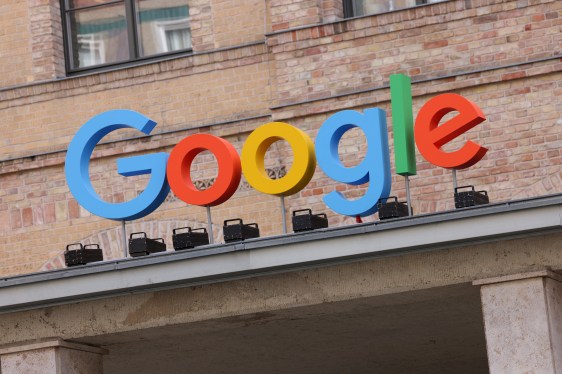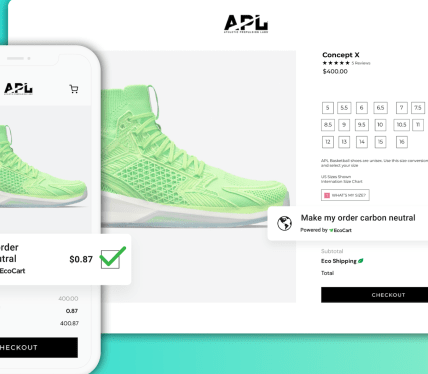The Consumer Financial Protection Bureau (CFPB) has announced its intent to place Google under formal federal supervision, marking a significant step in regulating one of the world’s most influential tech companies. This move comes amid growing concerns about Google’s practices and their impact on consumers. The CFPB, formed in 2008, is known for its role in protecting consumers from unfair, deceptive, or predatory financial practices, and has already demonstrated its authority by requesting access to internal company records.
The CFPB’s proposed supervision of Google is not the first time it has taken action against a major tech company. In fact, it has previously worked with other platforms like Facebook (now Meta) and Amazon. However, this move specifically targets Google, which has become a focal point for regulatory scrutiny due to its dominance in search engine technology and advertising practices.
Background on the CFPB’s Role
The Consumer Financial Protection Bureau is an independent agency tasked with protecting consumers from financial products and services that are unfair or deceptive. It operates under strict legal guidelines and has demonstrated its authority by requesting access to company records, which Google recently denied. This denial came after the CFPB sent a formal request for internal information on December 30, 2021.
The CFPB’s Concerns with Google
While the exact scope of the CFPB’s concerns with Google is not yet fully detailed by The Washington Post, it appears that the agency has raised several red flags. These include potential violations related to anti-competitive practices, data privacy issues, and algorithmic bias. The CFPB also claims that Google lacks adequate transparency in its business operations, which could pose risks to consumers who rely on its services.
Political Implications of the CFPB’s Work
The political landscape for the CFPB has been uncertain since Rohit Chopra, the current director, was appointed by President Trump. Chopra’s tenure has been marked by significant controversy, including allegations of partisanship and conflicts of interest. This creates an additional layer of complexity for the agency’s work on Google.
The Impact on Google
The proposed supervision marks a new level of regulatory scrutiny for Google in the United States. While the company has already faced challenges, such as losing a major antitrust trial over its advertising technology, this move further complicates its regulatory environment. The CFPB’s actions could subject Google to additional inspections and potentially impose remedies if violations are found.
The Broader Context of Regulatory Pressure on Tech Companies
The trend toward increasing regulatory oversight in the tech industry is not unique to the CFPB. Other agencies around the world, including antitrust authorities in Europe, have also stepped up their scrutiny of major platforms like Google, Meta, and Amazon. This reflects a growing recognition that these companies must operate with greater transparency and accountability if they are to continue to dominate global markets.
The Future of Google’s Regulatory Landscape
The CFPB’s proposed supervision of Google is likely to set a precedent for how other tech companies are regulated in the United States. If successful, it could lead to increased scrutiny of other major platforms, including those in the financial sector. This trend may also prompt companies to rethink their business practices and seek ways to align with regulatory expectations.
Conclusion
The CFPB’s move to place Google under formal federal supervision represents a significant shift in how one of the world’s most powerful tech companies is being regulated. While the exact details of this move are still unclear, it signals a growing trend of increased oversight for major tech platforms. As the industry continues to evolve, the interplay between innovation, regulation, and consumer protection will undoubtedly remain a key area of focus.




